1. Good Testosterone Levels Are Crucial for Physical and Sexual Health

Maintaining healthy testosterone levels is crucial for overall health, well-being, and vitality in men. Testosterone levels naturally decline at 30 which can lead to hair loss, increased body fat, an unhealthy heart, decreased bone mass, and a lower sex drive according to Men’s Health. These common lifestyle habits could secretly sabotage your testosterone levels which can lead to erectile dysfunction.
2. Workout and Strength Training

A lazy sedentary lifestyle is one of the leading causes of low testosterone. Maintain a consistent exercise routine that incorporates cardio workouts with weight lifting and resistance training to increase testosterone levels, boost your overall health, and ward off heart disease, cancer, and stroke. Big compound movements like squats and deadlifts have been proven to increase testosterone production.
3. Eating the Wrong Food

When you eat a diet high in processed foods (especially deli meats like bacon and ham), sugars, and unhealthy fats testosterone plummets. Bad food also leads to weight gain and increased inflammation in the body which disrupts hormone balance lowering testosterone and causing ED. To keep levels high eat testosterone-boosting foods like grapes (for sperm mobility) tuna (high sex drive), oysters (packed with zinc for reproductive health), spinach (to bind testosterone), avocado (healthy fats), pomegranate (fight impotence), garlic (stronger muscles), cabbage (to flush out female hormones) and fatty fish like salmon and mackerel (full of omega-3).
4. Chronic Stress

Stress triggers the release of cortisol, a hormone that can wreak havoc on your health. High cortisol levels have been proven to interfere with testosterone production. Chronic stress from work, relationships, or other sources can lead to consistently high cortisol levels, which suppress testosterone.
5. Sleep Deprivation

Not getting enough sleep at night can affect everything from your mental health to your testosterone levels. Testosterone production primarily occurs during sleep so get 7-9 hours of shut eye each night. schedule. Create a serene sleep environment and prioritize quality rest to help maintain solid production of testosterone and thwart ED problems.
6. Too Much Booze

Regular alcohol consumption and binge drinking can lower your testosterone levels as it’s high in sugar, a natural depressant, and causes inflammation in the body. Alcohol also affects the liver’s ability to metabolize hormones throwing them out of balance. Try to limit your alcohol intake and avoid all altogether to protect your testosterone levels and long-term health.
7. Quit Smoking
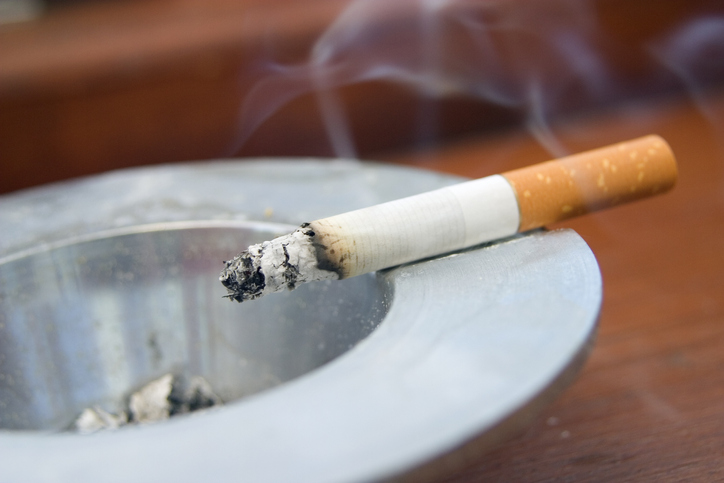
We all know that tobacco is harmful to nearly every aspect of health. But did you know that it can also harm your testosterone levels? Smoking causes vascular damage and impairs your circulation, in turn, this can affect hormone production including your testosterone levels.
8. Being Overweight and Obese
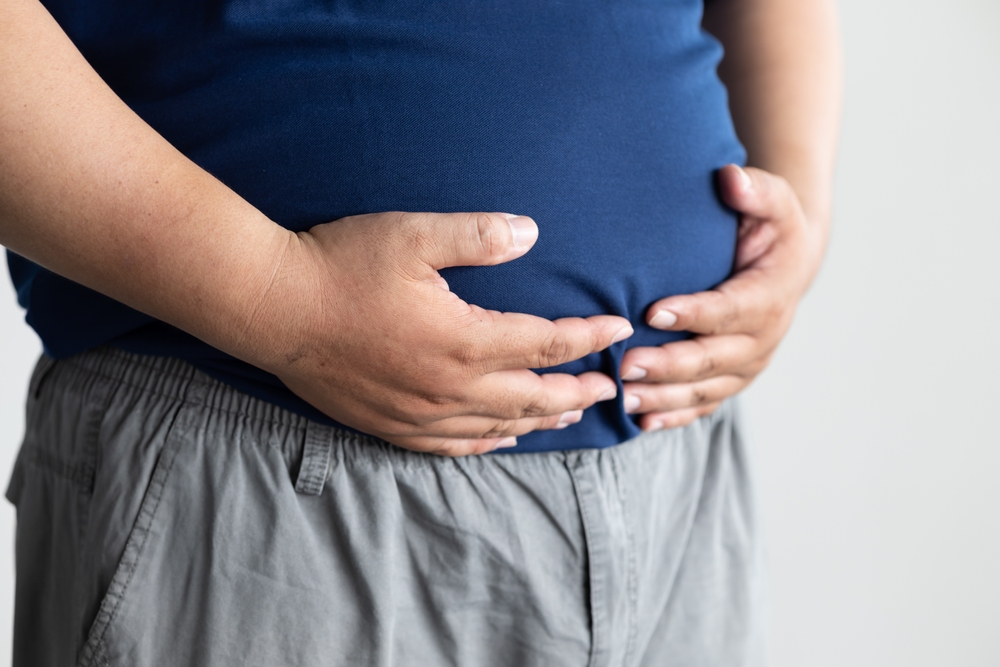
Eating unhealthy foods contributes to an excessive amount of body fat, particularly around the abdomen, which is linked to lower testosterone levels. Fat cells can actually convert testosterone into estrogen, reducing your body’s overall testosterone levels. Losing weight through a combination of healthy eating and regular exercise can help boost your testosterone levels and avoid ED.
9. High Sugar Diet

In addition to saturated fats and carbs consuming high amounts of sugar interferes with healthy testosterone production. Too much sugar can lead to insulin resistance which can trigger metabolic syndrome, a condition that further decreases testosterone levels.
10. Toxic Exposure
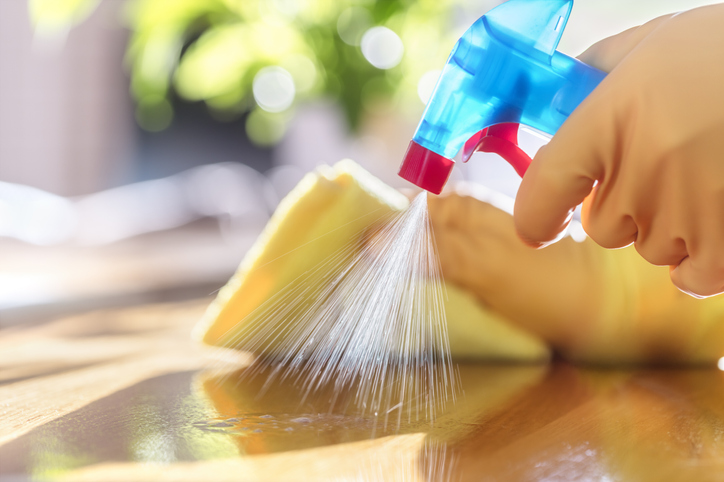
Chemicals found in plastics, pesticides, and other pollutants can not only lower testosterone levels and can also cause infertility. These chemicals are known as endocrine disruptors and can mimic or interfere with the body’s natural hormones. Choose clean, chemical-free household and grooming products so you don’t ingest or absorb toxic nasties into your body.
11. Excessive Cardio

While regular exercise is great for our all-round health, excessive cardio can actually lead to lower testosterone levels. Long-duration, high-intensity cardio workouts can stress the body leading to increased cortisol levels, which in turn reduce testosterone. It’s also important to allow adequate rest and recovery time so your body can repair itself and prevent injury.
12. Not Getting Your Daily Fill of H20

Staying hydrated is one of the most important things we can do to nourish our bodies and help them flush out toxins. Being dehydrated can interfere with our body’s ability to function and repair itself and messes with hormone production. Men should drink 3.7 L of water per day to help avoid ED and other issues associated with a lack of testosterone.
13. Overloading On Soy Foods
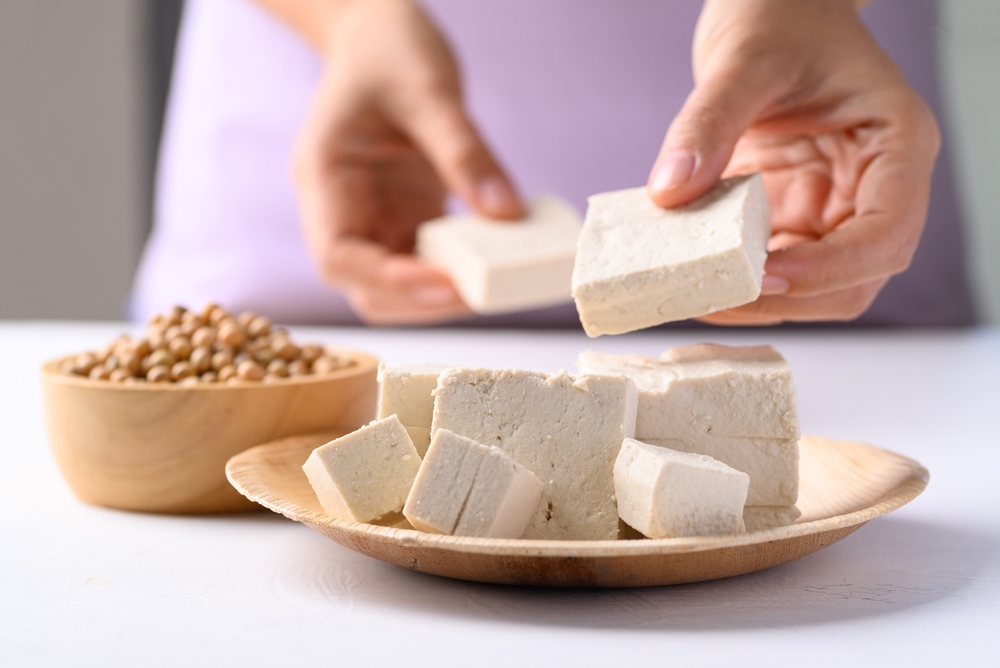
Soy contains phytoestrogens, plant compounds that mimic estrogen (the female hormone). High consumption of soy products like soy milk, tofu, soybeans, edamame, and miso can lead to an imbalance of your hormone levels can lower your overall testosterone production and levels.
14. Prescription Medication Overuse
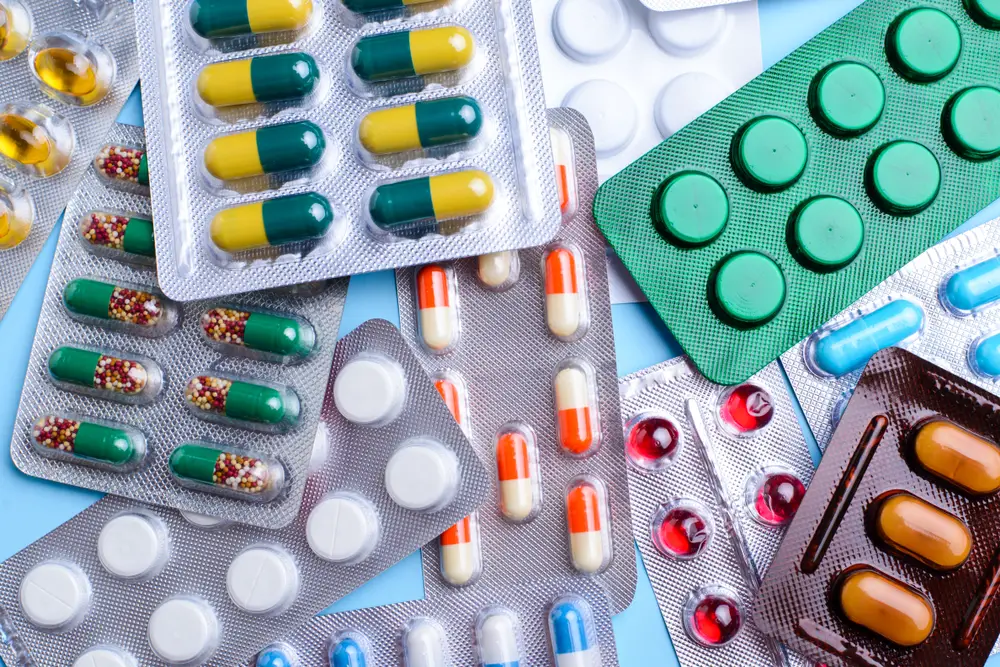
The side effects of some prescription medications, particularly opioids, steroids, anti-depressants, cholesterol, chemotherapy drugs, hypertension, and beta blockers can cause a major dip in testosterone levels. If you’re struggling with ED and can’t pinpoint what might be causing it, consult with your doctor about possible alternatives or adjustments to your medication.
15. Caffeine Overkill

Relying on a caffeine fix to kickstart your day can have its pitfalls. Excessive caffeine intake can lead to increased cortisol levels which increases stress and decreases testosterone. Limiting caffeine has a range of health benefits including helping to maintain balanced hormones and high testosterone levels.
16. Lack of Sunlight

Getting enough sun is crucial for vitamin D production which plays a significant role in good testosterone levels. All you need to maintain vitamin D levels is 15-30 minutes of daily sun. There’s also been a rise in ‘nature deficient disorder’ which increases stress and is a major contributor to premature aging, heart disease, and hormonal imbalances. Go for a walk in the park or head to the beach to produce negative ions and release endorphins in the body as both have a positive influence on your physical, mental, and sexual health.




